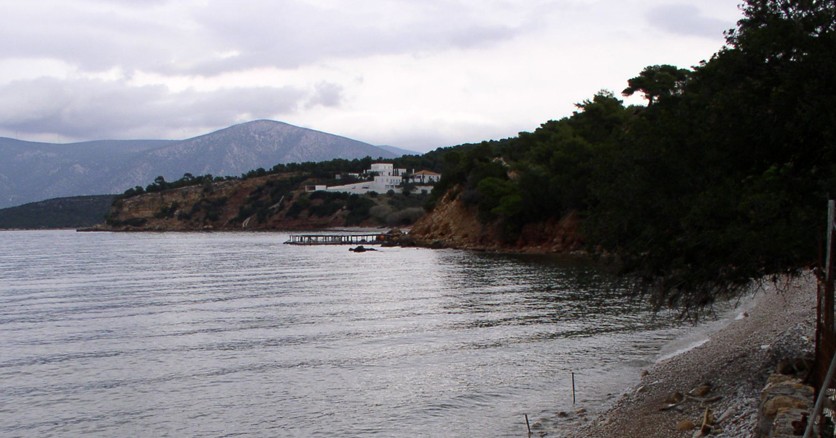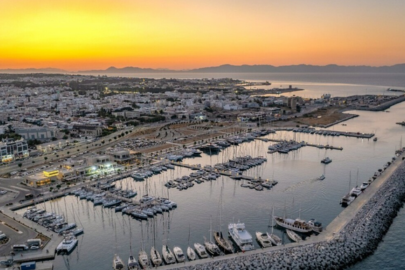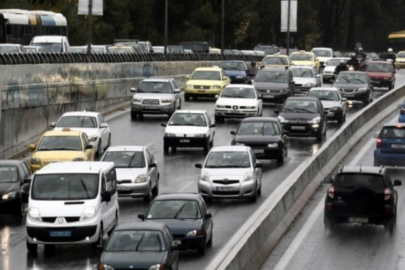A law legalizing Greek property constructed without a building permit has been deemed constitutional according to a decision on Wednesday. The Council of State’s plenary ruled that the law that exempts buildings without a building permit from demolition doesn’t impinge on any constitutional provisions, but the court said that another provision that states that property already deemed illegal and up for demolition by a final court decision can be considered against the constitutional principle.
The courtcase took place after three northern suburb citizens from Marousi took the matter to court calling for the annulment of the law as unconstitutional.
What can be legalized according to this law?
* New buildings or extensions to existing buildings without permits
* Buildings that exceed the dimension of the permit they have
* Buildings that have been placed in a plot in ways that aren’t permitted or in different positions to the way they are in the permit as well as the creation of pergolas, BBQs and other open structures that aren’t shown on the building permit as well as pergolas on rooftops
* Swimming pools without a permit
* Balconies / roofed terraces that are closed off so that they resemble living quarters and any other space that has been turned into a living space
* Basement storage used as living spaces
* Closed parking spaces turned into apartments
* Mezzanines and attics not shown in the permitWhat can’t be legalized according to this law?
* Buildings or structures on state property
* Buildings too close to the streets that pose a safety hazard
* Buildings on forestry land, beaches and too close to sea lines or riverbeds
* Buildings within protected areas such as archaeological/historical sites, NATURA areas, UNESCO villages etc.
* Listed buildings



































